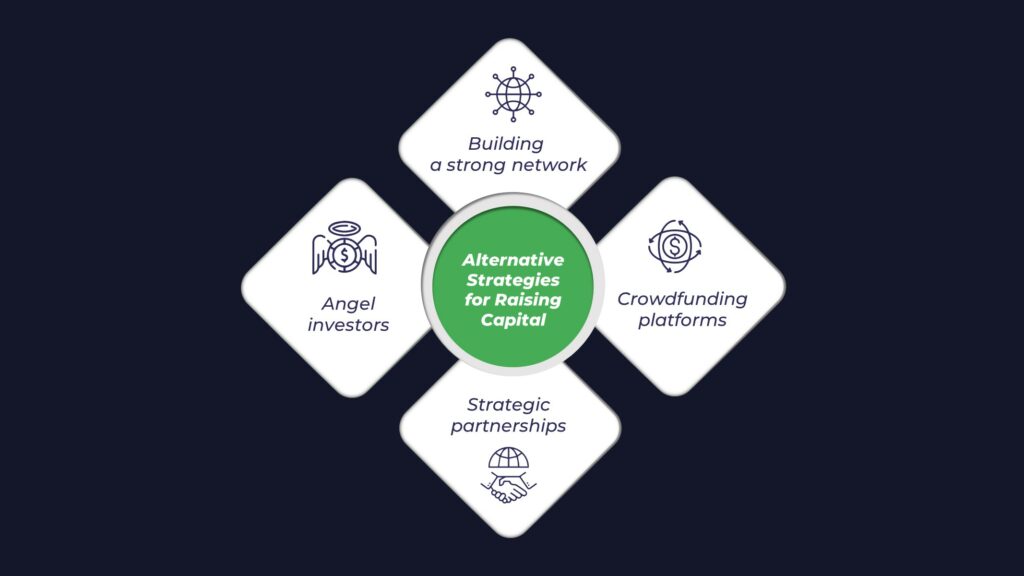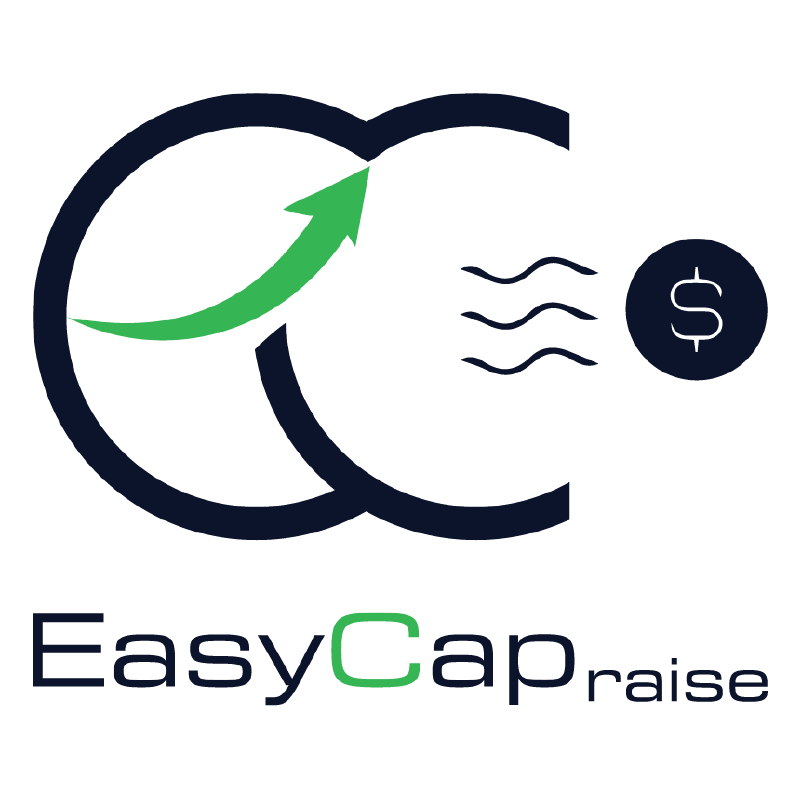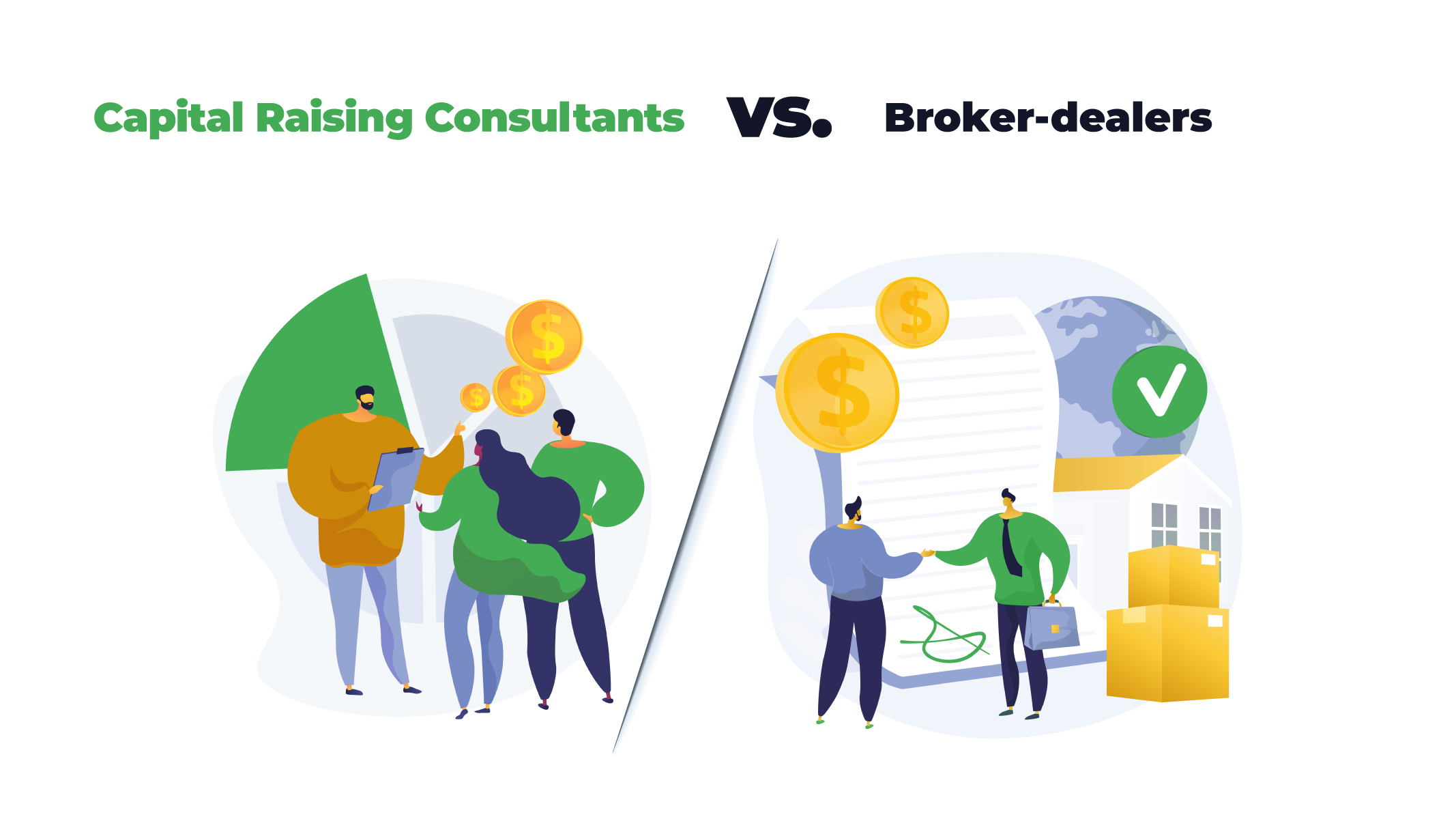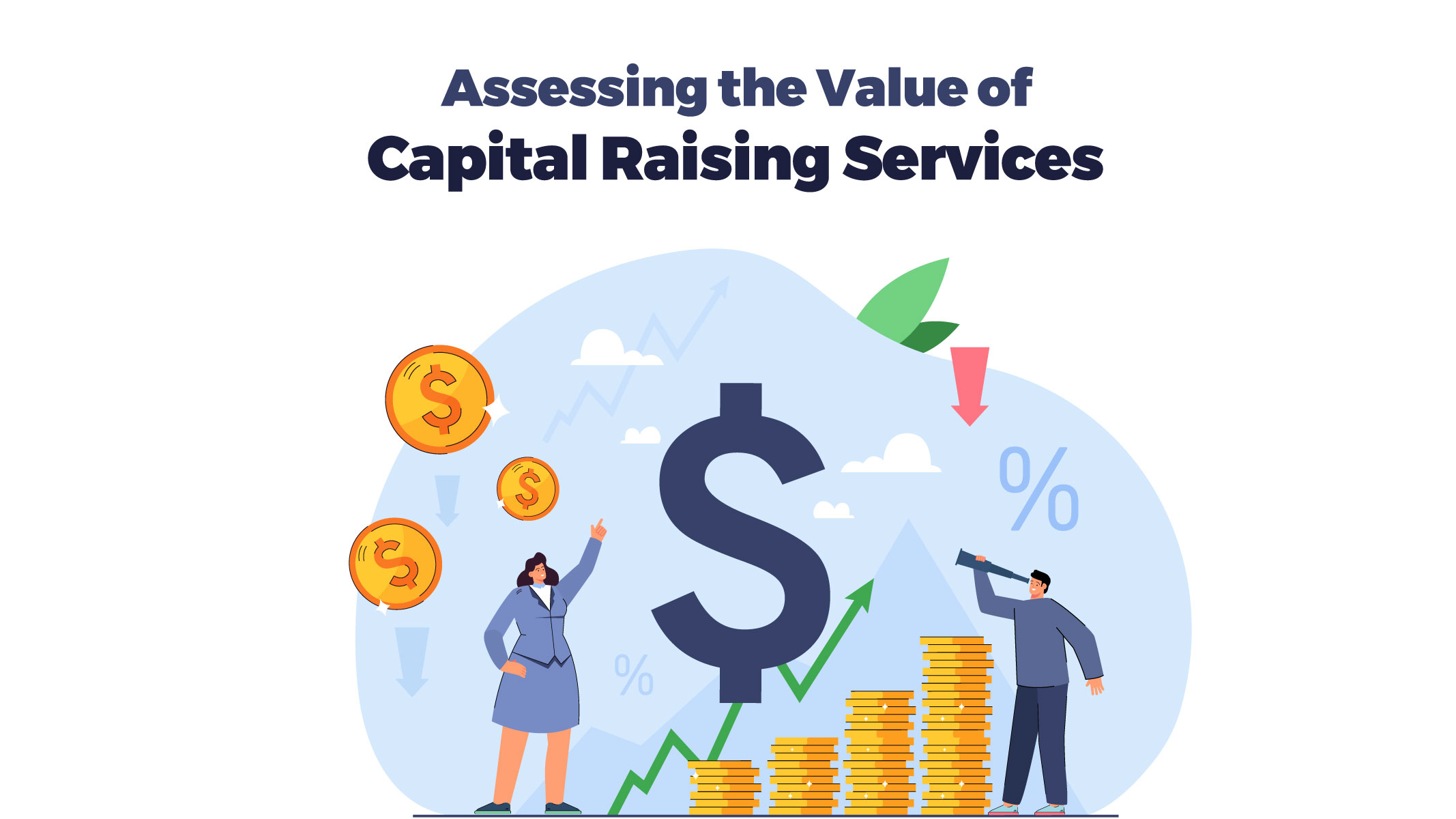Partnering with a Top Venture Capital Broker to Secure Funding and Accelerate Growth
Are you an aspiring entrepreneur looking to secure funding for your business venture? If so, you may have come across the option of partnering with a venture capital broker. While it may seem like an attractive proposition at first, it is essential to understand the potential drawbacks and consider alternative options. In this article, we will explore why raising capital with a broker may not be the best choice for your business. We will delve into the cost-ineffectiveness and potential disadvantages associated with this approach, shedding light on alternative strategies for funding and growth.
- The Allure of Venture Capital Brokers
- Understanding the Cost-Ineffectiveness
- Lack of Control and Autonomy
- Potential Conflicts of Interest
- Limited Access to Investors
- Alternative Strategies for Raising Capital
- Ready to Secure Funding for Your Business? Let Easy Capraise be Your Guide!
- FAQs
- Conclusion
The Allure of Venture Capital Brokers
When entrepreneurs embark on their journey to secure funding, venture capital brokers often emerge as an option. These brokers act as intermediaries between entrepreneurs and potential investors, promising to facilitate connections and expedite the funding process. While the prospect of quick access to capital may seem appealing, it is crucial to take a closer look at the potential downsides.
Understanding the Cost-Ineffectiveness
One of the primary drawbacks of partnering with a venture capital broker is the cost-ineffectiveness associated with their services. Brokers typically charge substantial fees, often a percentage of the raised capital or a fixed amount. These fees can significantly impact your overall funding and limit the resources available for your business’s growth and development. It is essential to carefully evaluate the cost-benefit ratio and consider whether the services provided by a broker justify the expenses involved.
Lack of Control and Autonomy
When you partner with a venture capital broker, you are essentially relinquishing a certain degree of control and autonomy over your fundraising process. Brokers may dictate terms and conditions that align with their own interests or those of their investor network, potentially compromising your ability to make decisions that best serve your business. Maintaining control and autonomy throughout the fundraising journey is crucial for ensuring alignment with your long-term vision and goals.
Potential Conflicts of Interest
Venture capital brokers operate in a complex network of investors, entrepreneurs, and other stakeholders. While some brokers prioritize the best interests of their clients, there is always the possibility of conflicts of interest arising. Brokers may be incentivized to promote certain investors or prioritize deals that align with their own financial interests. These conflicts can compromise the integrity and fairness of the fundraising process, potentially hindering your business’s ability to secure optimal funding.
Limited Access to Investors
Contrary to common perception, partnering with a venture capital broker does not guarantee access to an extensive network of investors. While brokers may claim to have vast connections, they are often focused on specific niches or industries. This limited scope may restrict your opportunities and prevent you from accessing a broader range of potential investors who could bring valuable expertise and resources to your business. It is essential to assess whether the broker’s network aligns with your specific funding requirements and growth objectives.
Alternative Strategies for Raising Capital

Rather than relying solely on venture capital brokers, there are alternative strategies you can explore to raise capital more effectively and efficiently. Some of these strategies include:
Building a strong network: Cultivate relationships with industry peers, mentors, and potential investors. Networking events, conferences, and online platforms can provide valuable opportunities to connect with individuals who share your vision and are interested in supporting innovative ventures.
Crowdfunding platforms: Platforms like Kickstarter, Indiegogo, and GoFundMe enable you to showcase your business idea to a broad audience and receive financial support from individual backers. This approach allows you to maintain control over your fundraising campaign while simultaneously building a loyal community around your brand.
Angel investors: Angel investors are individuals who provide capital to startups in exchange for equity or convertible debt. Seek out angel investor networks and pitch your business directly to those who have an interest in your industry. This approach can often result in strategic partnerships and mentorship opportunities alongside funding.
Strategic partnerships: Identify potential strategic partners who align with your business objectives and can provide not only capital but also industry expertise, resources, and market access. Collaborating with established organizations can be mutually beneficial and accelerate your growth trajectory.
Ready to Secure Funding for Your Business? Let Easy Capraise be Your Guide!
At Easy Capraise, we specialize in comprehensive capital-raising solutions for businesses just like yours. Whether you’re a startup taking your first steps or an established company aiming for growth, we are here to support you throughout the entire fundraising journey.
Our Services Include:
Personalized Strategy: We work closely with you to develop a tailored fundraising strategy that aligns with your unique business goals and market conditions. Our expert team guides you through every stage, ensuring a seamless experience.
Investor Preparation: We help you prepare your business for investor engagement. From refining your business plan and pitch deck to conducting market research and financial analysis, we ensure you’re well-prepared to make a compelling impression.
Targeted Investor Search: Leveraging our extensive network and industry connections, we identify potential investors who are a perfect fit for your business. We assist in crafting a targeted approach, maximizing your chances of securing funding from the right investors.
Pitching and Negotiation: Our experienced team provides valuable insights and support during investor meetings and negotiations. We help you present your business confidently and navigate the intricacies of deal structuring to achieve favorable terms.
Post-Funding Guidance: Our commitment doesn’t end with securing funding. We offer ongoing support, providing guidance on investor relations, financial management, and strategic decision-making, helping you make the most of your investment.
Don’t let funding challenges hold back your business aspirations. Partner with Easy Capraise and unlock the potential for growth and success.
Contact us today to schedule a consultation and discover how Easy Capraise can be your trusted capital-raising partner.
FAQs
How can I become a venture capital broker?
To become a venture capital broker:
Gain relevant education and knowledge in finance or related fields.
Acquire industry experience through internships or entry-level positions.
Build a strong network by attending industry events and joining professional associations.
Gain exposure to venture capital deals and learn about due diligence and valuation.
Develop strong analytical and communication skills.
Obtain necessary licenses and certifications as required by your jurisdiction.
Build a track record and reputation by delivering successful investment outcomes.
Stay updated on industry trends and developments.
By following these steps, you can work towards becoming a venture capital broker.
How can I get a venture capital broker license?
Research the licensing requirements in your jurisdiction.
Meet the educational and experience criteria, such as relevant degrees and work experience.
Complete required courses or certifications related to securities and brokerage practices.
Apply for the license and pay the necessary fees.
Undergo background checks and disclose any relevant information.
Pass licensing exams covering securities laws and regulations.
Comply with ongoing regulatory requirements, including record-keeping and reporting.
Stay updated on regulatory changes through continuing education.
Consult the regulatory authority in your jurisdiction for specific guidelines and procedures.
Conclusion
While partnering with a venture capital broker may initially seem like an attractive option, it is crucial to consider the potential drawbacks and explore alternative strategies for raising capital. The cost-ineffectiveness, lack of control and autonomy, potential conflicts of interest, and limited access to investors are all factors that should be taken into account. By leveraging alternative funding strategies such as building a strong network, exploring crowdfunding platforms, engaging with angel investors, and seeking strategic partnerships, you can secure funding while retaining control and maximizing your chances of long-term success.
Contact us
Good to have you here! If you have any queries, please leave your message. Our team will reach out soon:)
.








